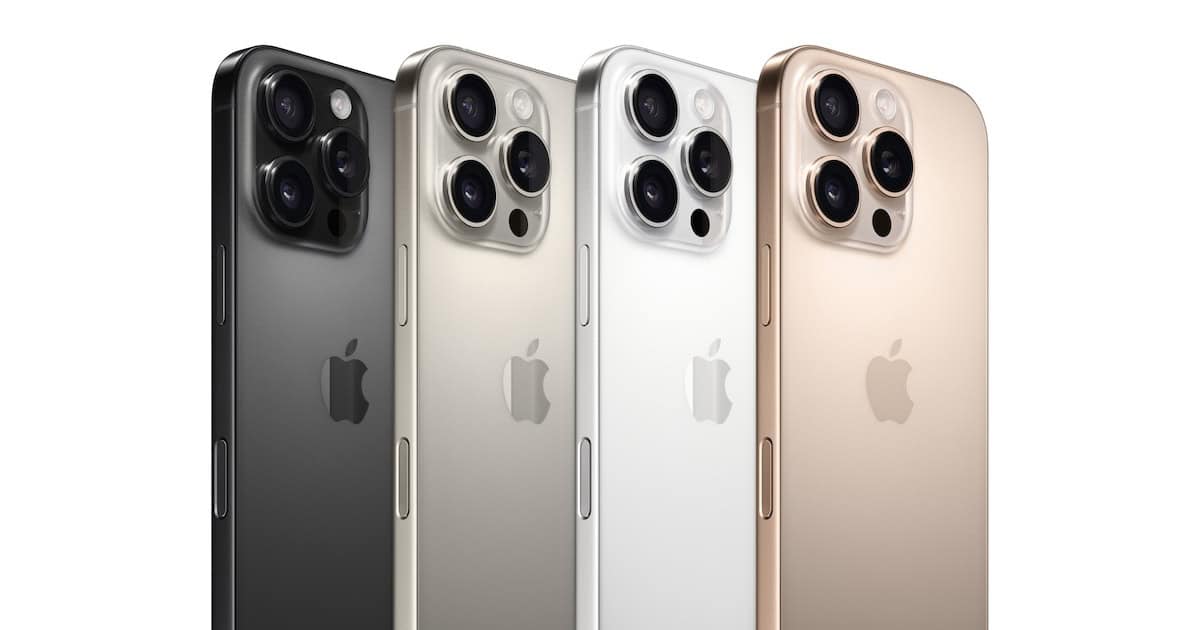As Apple unveiled its new iPhone 16 lineup yesterday, along with two variants of AirPods 4, new colors of AirPods Max now with USB C, and Apple Watch 10; recent data from Consumer Intelligence Research Partners (CIRP) sheds light on consumer motivations for purchasing new iPhones. Surprisingly, only 18% of buyers look for new features as their main reason for upgrading.
The CIRP survey reveals that most iPhone purchases are driven by practical concerns. About 44% of buyers upgrade because their old phone has become obsolete or is underperforming, while 29% purchase due to their previous device being lost, broken, or stolen.

The data also says Apple may face challenges convincing users to upgrade immediately. Many consumers will likely wait until their current device becomes obsolete or non-functional before purchasing.
This trend goes hand in hand with the observation that iPhone owners are keeping their devices for longer periods, with 71% reporting their previous device was over two years old, up from 63% in 2020.
And with the news features are getting minimal and dried up each year and the support of old devices getting increased, for example, iPhone XR will be receiving the iOS 18 update, hence, because of these updates, the sales are only going to go down.
More here.

(Also, a faster processor is a new feature, so it’s a bit disingenuous to lump “underperforming” in with the “obsolete” folks, unless the survey specifically asked about new iOS features… again, no link, so can’t tell.)
Since you haven’t linked to the survey, we can only guess what people think the difference between “wanting new features” and “obsolete” is. But I seriously doubt 44% of people are buying a new iPhone to replace one more than 7 years old, which is when they become obsolete by Apple’s definition.